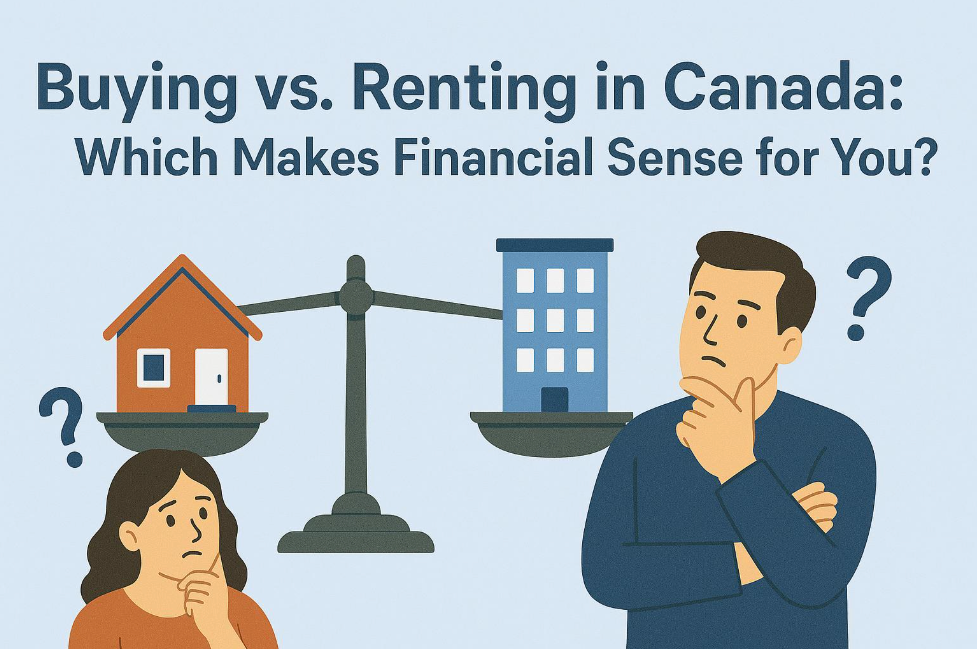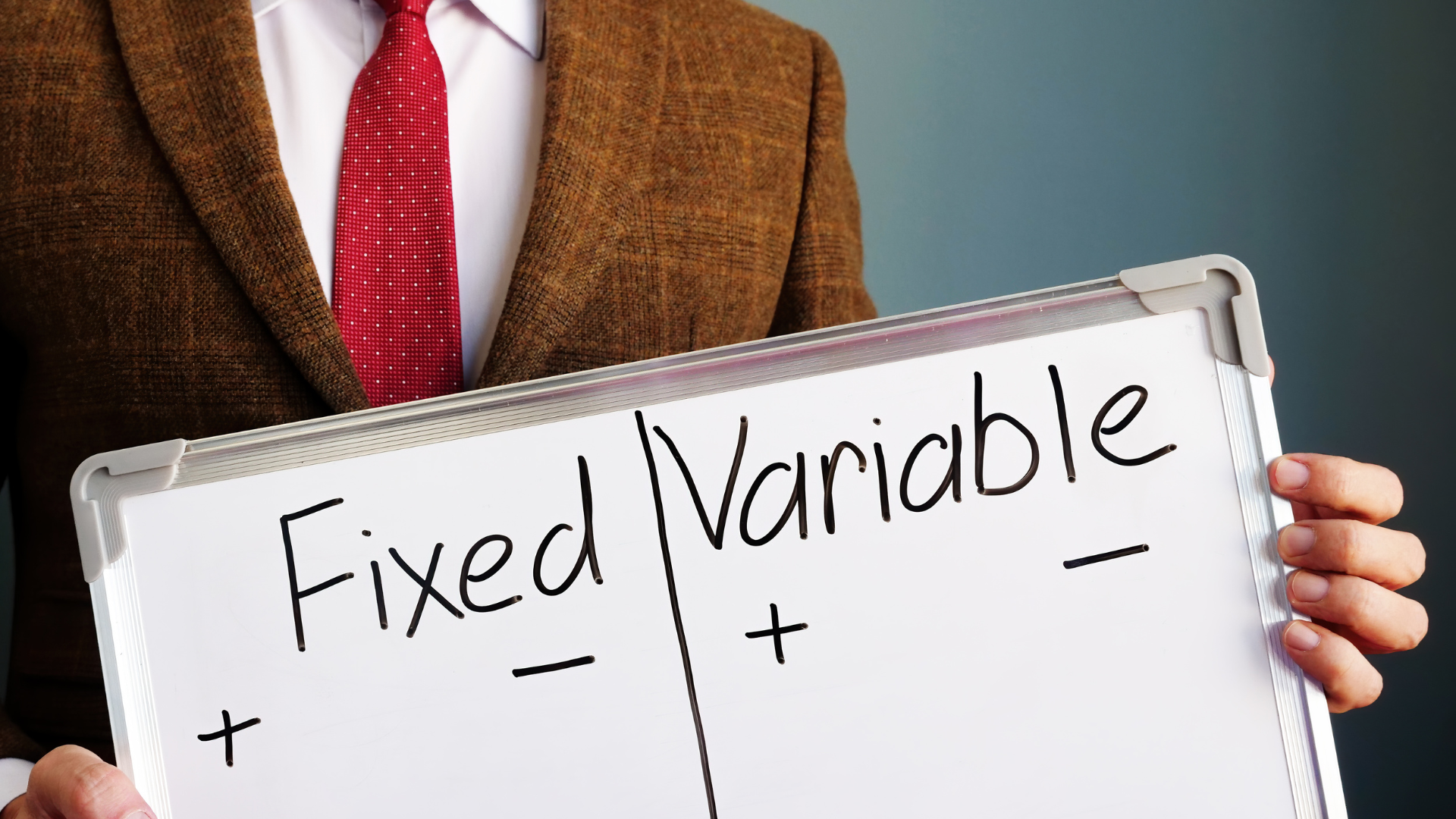BC’s Property Transfer Tax & First-Time Home Buyers
What is Property Transfer Tax?
Property Transfer Tax (PPT) is a tax payable to the BC Provincial Government by purchasers of real estate in BC. The tax applies to all types of real estate, whether residential, commercial or industrial.
- Property Transfer Tax arrived on March 7, 1987, with Social Credit premier Bill Vander Zalm government’s first budget and it has survived every change of government since then.
How is PPT calculated?
In BC you are charged property transfer tax when you make changes to a property’s title
The amount of tax you pay is based on the fair market value of the land and improvements (e.g. buildings) on the date of registration unless you purchase a pre-sold strata unit.
The property transfer tax rate is:
- 1% on the first $200,000,
- 2% on the portion greater than $200,000 and up to and including $2,000,000
- 3% on the portion greater than $2,000,000, and
- if the property is residential, a further 2% on the portion of the fair market value greater than $3,000,000 (effective February 21, 2018).
What is Fair Market Value ?
Fair market value is the price that would be paid by a willing purchaser to a willing seller for a property in the open market on the date of registration. This is usually the actual purchase price paid for the property.
What is the “Additional Property Transfer Tax”, or what is sometimes called the “Foreign Buyers Tax” ?
 In addition to the property transfer tax, if you are a foreign national
, foreign corporation
or taxable trustee
, you must pay the additional property transfer tax on your proportionate share of a residential property transfer
if the property is within specified areas of B.C.
In addition to the property transfer tax, if you are a foreign national
, foreign corporation
or taxable trustee
, you must pay the additional property transfer tax on your proportionate share of a residential property transfer
if the property is within specified areas of B.C.
Your proportionate share is the percentage of interest that you are registering on title with the Land Title Office. If the property transfer is registered on or after February 21, 2018 and is within the following areas, the tax amount is 20% of the fair market value of your proportionate share:
For additional information check out “Foreign Buyers Tax”
How does a buyer qualify for the First Time Home Buyers Exemption?
You may qualify to reduce the amount of tax you need to pay if:
- you’re purchasing your first home or
- you’re purchasing a newly built home
First Time Home Buyers’ Program
The First Time Home Buyers’ Program reduces or eliminates the amount of property transfer tax you pay when you purchase your first home. If you qualify for the program, you may be eligible for either a full or partial exemption from the tax.
If one or more of the purchasers don’t qualify, only the percentage of interest that the first-time home buyer(s) have in the property is eligible.
- e. if you qualify and purchase a property with a fair market value of $400,000 with a person who doesn’t qualify you would still qualify. If you owned a 60% interest in the property, 60% of the tax amount would be eligible for the exemption.
Do I Qualify?
To qualify for a full exemption, at the time the property is registered you must:
- be a Canadian citizen or permanent resident
- have lived in BC for 12 consecutive months immediately before the date you register the property or filed at least 2 income tax returns as a BC resident in the last 6 years
- have never owned an interest in a principal residence anywhere in the world at any time
- have never received a first-time home buyers’ exemption or refund
Purchaser must move into the property within ninety-two days after registration of the purchase of the property and reside in the property for at least one year; and the property must:
- be located in BC
- only be used as your principal residence
- have a fair market value of $500,000 or less
- be 0.5 hectares (1.24 acres) or smaller
You may qualify for a partial exemption from the tax if the property:
- has a fair market value less than:
- is larger than 0.5 hectares
- has another building on the property other than the principal residence
To estimate Your Property Transfer Taxes Click here
Newly Built Home Exemption
To qualify for the Newly Built Home Exemption and avoid paying the Property Transfer Tax, the following criteria must be met:
- The property must be newly built, as defined in the legislation
- The Buyer must be an individual (may not be in a company name, trust, etc.)
- The Buyer must be a Canadian citizen or permanent resident
- The property must be used as the principal residence of the Buyer, who must move into the property within ninety-two days after registration of the purchase of the property and reside in the property for at least one year;
- To obtain a full exemption, the purchase price must not exceed $750,000. A partial exemption is available for homes between $750,000 and $800,000
- The property must be 1.24 acres or smaller.
If you qualify for the exemption, you may be eligible for either a full or partial exemption from the tax.
If you paid property transfer tax when you purchased vacant land and you now have a newly built home on the land, you may be eligible for a refund of the property transfer tax you paid.
Do I Qualify?
To qualify, the property (land and improvement) transfer must be registered at the Land Title Office after February 16, 2016 and you must be:
- an individual
- a Canadian citizen or permanent resident (you will be asked to provide your Social Insurance Number (SIN) or proof of permanent residency and your birthdate)
and the property must:
- be located in B.C.
- only be used as your principal residence
- have a fair market value of $750,000 or less
- be 0.5 hectares (1.24 acres) or smaller
You may qualify for a partial exemption, if the property:
- has a fair market value greater than $750,000 and less than $800,000
- is larger than 0.5 hectares
- has another building on the property other than the principal residence
To estimate the amount of your exemption Click Here
Are there other exemptions?
Yes, such as a transfer of a principal residence between family members. For details on this and other exemptions, go to Property Transfer Tax Exemptions
Please note: Property Transfer Tax should not be confused with Property Tax. Property Tax is the tax paid on an annual basis to the local City/Municipality where the property resides.
The Property Transfer Tax is a one-time tax paid to the BC Government by purchasers of real estate.
The Property Transfer Tax Act frequently changes along with the exemptions for payment of this Tax – for current information Click Here
Mortgages are confusing… Give me a call and let’s discuss a mortgage that works for you (not the bank)!
Kelly Hudson
Mortgage Expert
DLC – Canadian Mortgage Experts
Mobile: 604-312-5009
Kelly@KellyHudsonMortgages.com
www.KellyHudsonMortgages.com







